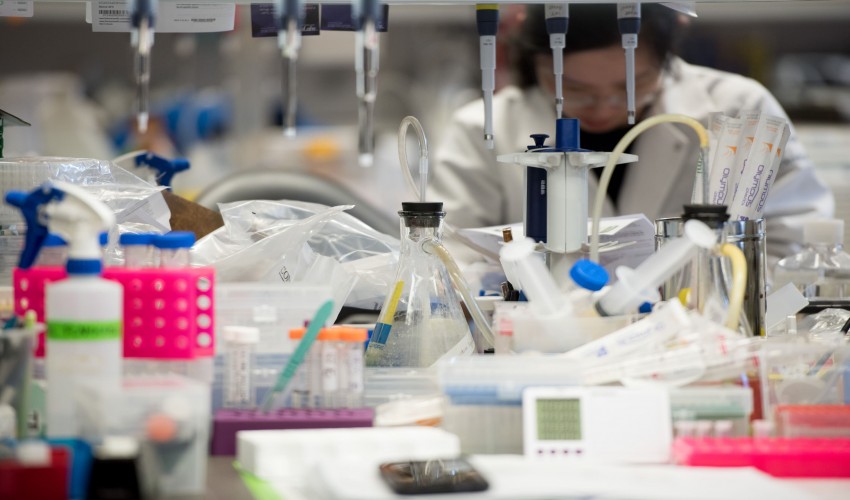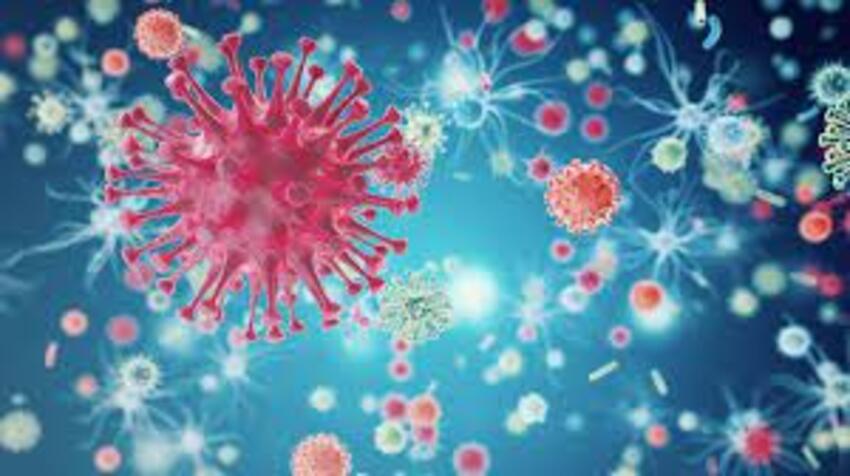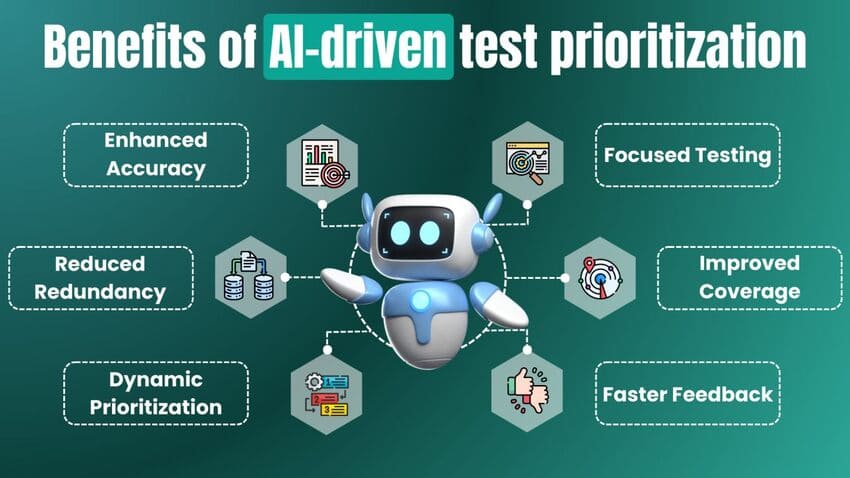
Experimental Medicine
Experimental Medicine is the study of the pathogenesis and
treatment of disease. Modern experimental medicine represents a rapidly growing
body of knowledge involving the determination of diseases processes and the
development of appropriate therapies. The Experimental Medicine Program is
intended for individuals seeking a career in research.
Experimental Medicine is the study of the pathogenesis and
treatment of disease. Modern experimental medicine represents a rapidly growing
body of knowledge involving the determination of diseases processes and the
development of appropriate therapies.
experimental medicine study of the science of healing
diseases based on experimentation in animals.
Investigation undertaken in humans, relating where
appropriate to model systems, to identify mechanisms of pathophysiology or
disease, or to demonstrate proof-of-concept evidence of the validity and
importance of new discoveries or treatments.
Experimental medicine is “the use of innovative
measurements, models and designs in studying human subjects for establishing
proof of mechanism and concept of new drugs, for exploring the potential for
market differentiation for successful drug candidates, and for efficiently
terminating the development of unsuccessful ones”.67 These paradigms are being
developed to allow early reads on efficacy with using patients, or more
commonly, studies of mechanism in volunteers. For example, a number of models
of pain and sensitization have been established that can be used on either
patients or volunteers to allow an early read on potential for clinical
efficacy.68 These include electrical hyperalgesia and UV burn to the skin.
These can be used in addition to the routine measurement of normal pain
threshold to mechanical or thermal sensation after chronic or acute drug
treatment. Currently, these models mostly rely on psychophysical markers;
further progress in this area will involve refinement of pain markers and
end-points, including fMRI and EEG/evoked potentials.69 There remains much
validation to be done with these pain models with standard agents before they
can become decision-making in drug discovery and development. A longer term
objective would be to correlate efficacy in the disease with efficacy in
volunteer models and in preclinical pain models although sufficient data with a
range of compounds for this comprehensive analysis does not yet exist.
Cognitive enhancement is also amenable to experimental
medicine studies. Particularly powerful is a combination of imaging with tests
of memory and attention. These studies can be done in young or old volunteers
under normal conditions or where performance is impaired either by the use of a
pharmaceutical agent such as the muscarinic antagonist scopolamine or a
stressor such as sleep deprivation. Under these conditions cholinesterase
inhibitors such as donepezil (Aricept®) have been shown to reverse deficits
caused by scopolamine or sleep deprivation. Recently Gregory et al.70
demonstrated that a combination of fMRI and cognitive assessment could detect
changes after the administration of an H3 antagonist compared to placebo. A
single dose of GSK-189254 could produce discreet changes in brain activity
during associative learning and paired attention tasks probably via effects on
histaminergic neurons in the posterior hypothalamus.
- Cardiology
- Endocrinology
- Gastroenterology
- Hematology
- Infectious Diseases
- Medical Immunology
- Medical Oncology
- Molecular Biology
- Nephrology
- Neurology
- Respiratory Medicine.
Recent Published
Submit Manuscript
To give your manuscript the best chance of publication, follow these policies and formatting guidelines.


